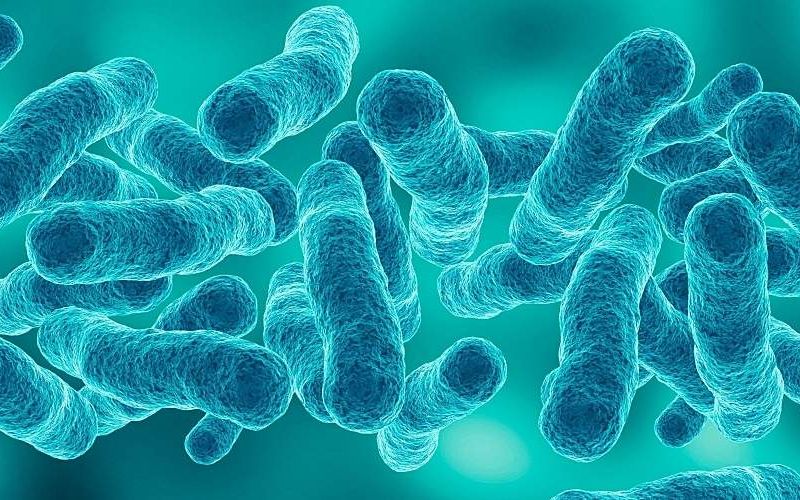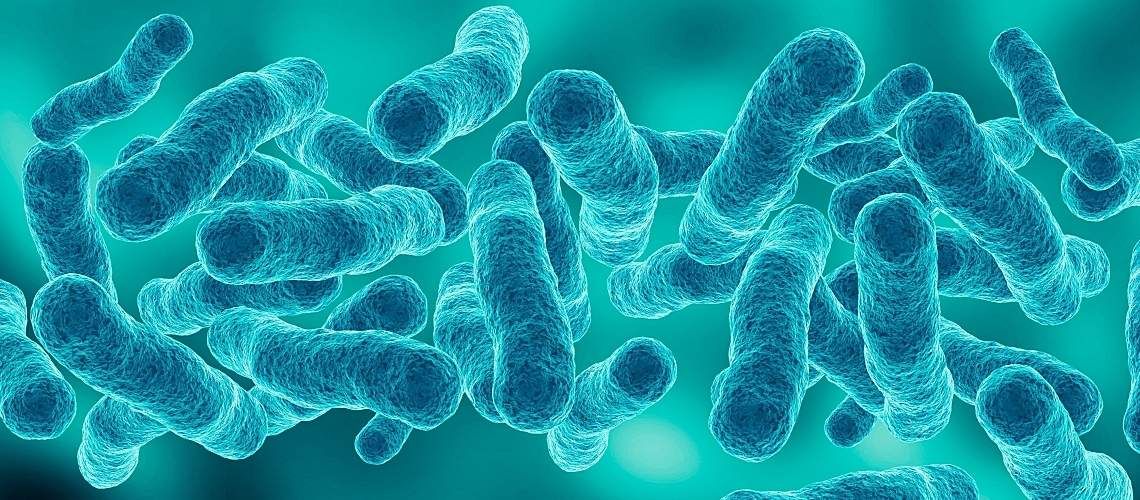Liquid Culture Test for Legionella pneumophila Helps a Portuguese Lab Protect Public Health


In the last decade, Portugal has experienced several deadly outbreaks of Legionnaire's disease. In 2014, during the world's second worst outbreak, 403 people fell sick and 14 died in the Lisbon district. More recently, a cooling tower contamination left 88 sick and killed 10. These outbreaks put a critical responsibility on public health labs in Portugal to help municipalities and building owners detect and prevent Legionella in engineered water systems.
Although Lisbon and Porto are home to many environmental laboratories, rural areas in the center of Portugal have significantly fewer options for Legionella testing. The Laboratório de Saúde Pública Guarda (LSPG) provides water quality testing for much of the region and its population. With the help of IDEXX Legiolert®, the lab has reduced Legionella risk in several facilities, including thermal spas and swimming pools. This risk management is a critical part of protecting the health of the communities LSPG serves.
The Go-To Lab at Portugal's Center
LSPG is the public health laboratory for the local health unit, and serves 13 out of 14 municipalities in the Guarda district. The Guarda district covers almost 2,000 square miles and is home to 138,500 residents. As the only public lab providing microbiological analyses in the area, LSPG started to perform analyses for the water surveillance program in the 1980s and by 2011, was accredited for 12 assays. The lab's 14 employees—11 technicians and three operational assistants—now conduct 52 accredited tests.
The lab's coverage has expanded as well, adding 529,000 residents in the Viseu and Castelo Branco districts. In 2022, the staff conducted analysis on almost 11,000 total samples and 4,386 water samples. LSPG tests meet national and community legislation requirements and is a critical public health resource in the region.
Meeting National Standards for Legionella Testing
In Portugal, national legislation identifies the need for quick and efficient intervention to reduce Legionella risk. Most Portuguese companies are required to monitor water systems for Legionella, but few labs in central Portugal are accredited to perform the tests. In 2017, LSPG received accreditation to test for Legionella using quantitative polymerase chain reaction (qPCR) according to ISO 12869.
"Initially, we had to explain to our customers the advantage of using PCR, since they are expensive tests," said Dr. Paula Lourenco, coordinator of the public health lab. "However, customers soon realized that PCR quickly identifies whether or not Legionella DNA is present in the sample. If DNA is not detected, there will certainly be no bacteria in the system."
If PCR tests do detect Legionella DNA, it's also essential to know whether that DNA is from live or dead bacteria. However, the lab couldn't obtain this critical information with PCR methods alone, and shipping samples to Lisbon or Porto for additional analysis would have introduced unnecessary costs and delays. LSPG needed to find an accurate, culture-based method they could perform in the lab.
Another complicating factor is that PCR produces results in genomic units (GUs), the number of copies of DNA in the starting sample. National legislation doesn't accept results in GUs but only in colony-forming units (CFUs), the result of traditional plate culture methods. Several complicating factors make it impossible to convert GUs to CFUs.
"We had to implement a method other than PCR so that our clients would work with us," said Dr. Lourenco. "But we did not have the space in the lab to implement the plate culture method."
The Legiolert Contribution to Viability and Quantification
Dr. Lourenco and her colleagues carefully researched tests they could perform in parallel with PCR. The team chose Legiolert because it's specific for Legionella pneumophila, which is responsible for almost 100% of Legionnaires' disease cases across Europe, and allows identification and quantification by most probable number (MPN). MPN results are defined as interchangeable with CFUs in ISO 6107, and therefore accepted by regulators. LSPG was accredited for the assay in 2017.
When the Legiolert test shows a positive result, the technicians perform a serotyping procedure. The combination of the Legiolert test and PCR allows LSPG to quickly and accurately identify the Legionella risk in facilities in the Guarda region.
The Health Benefits of a Fast Response
The greatest benefit of using Legiolert is providing customers with a complete response for Legionella control and prevention programs.
"The specificity and speed with which we can provide results make a huge difference," said Dr. Lourenco. "This region is very cold, so pools and thermal spas are open only for four months in summer. They can't afford to be closed for a long time. But we can look at the trays for L. pneumophila and see results much quicker than we could with traditional plate culture methods."
Summer is also when most health professionals take their vacations. The Legiolert test doesn't require confirmatory tests, which saves time when the lab receives the greatest influx of samples and professionals are away. With the help of Legiolert testing, LSPG has helped facilities reduce the risk of Legionella outbreaks.
"Due to results obtained in Legiolert, a thermal establishment was closed when serogroups 1 and 2-14 were detected," said Dr. Lourenco. "Some municipal swimming pools where serogroup 1 was detected have also been closed for decontamination after positive Legiolert results."
In addition to Legiolert, LSPG uses several other IDEXX water tests in the laboratory. The technology underlying all of these tests—including Colilert-18®, Enterolert-DW®, and Pseudalert®—requires shorter incubation periods that reduce the time customers need to wait for results.
With the help of these fast and accurate test methods, LSPG performs a valuable service for a large portion of the citizens in the heart of Portugal, keeping their water safe and their communities healthy.






